Galvanized Roof Repair Timing Tips

Summer offers warm, dry conditions ideal for repairs, reducing delays caused by weather.
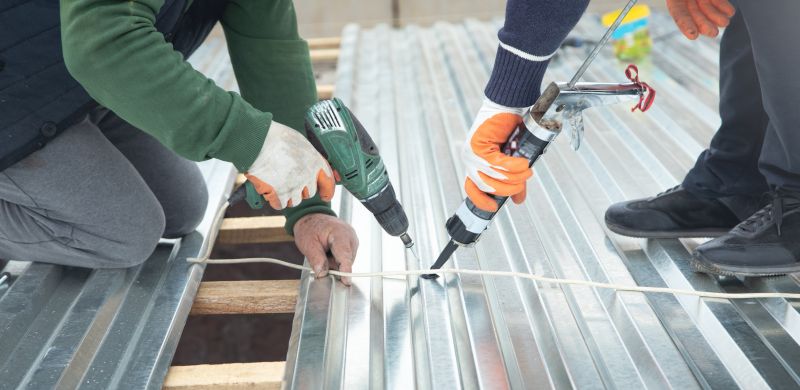
Winter can present challenges due to cold temperatures and potential snow, but repairs can be effective if planned properly.

Spring provides moderate weather with less rain, making it suitable for roofing projects.
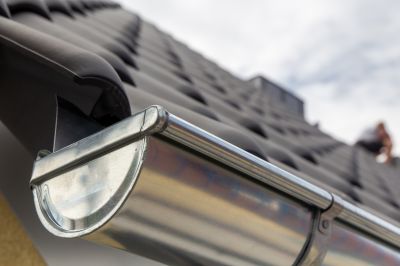
Ways to make Galvanized Roof Repairs work in tight or awkward layouts.
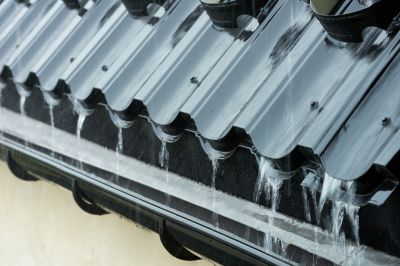
Popular materials for Galvanized Roof Repairs and why they hold up over time.
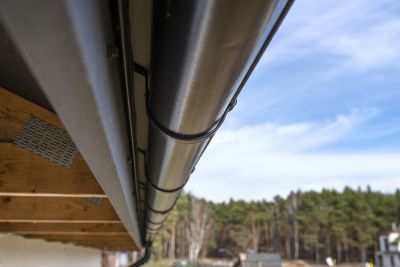
Simple add-ons that improve Galvanized Roof Repairs without blowing the budget.
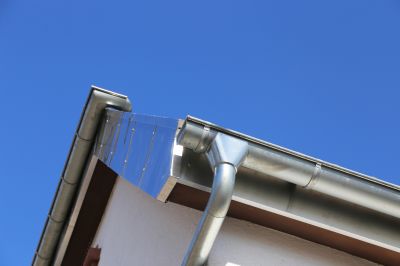
High-end options that actually feel worth it for Galvanized Roof Repairs.
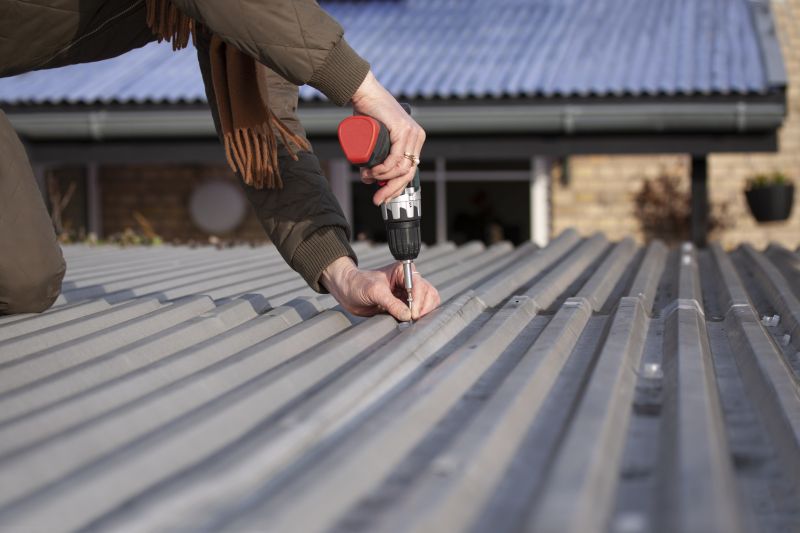
Finishes and colors that play nicely with Galvanized Roof Repairs.
Galvanized roof repairs involve fixing or replacing metal roofing components coated with zinc to prevent rust and corrosion. These roofs are known for durability and longevity, often lasting 40-70 years with proper maintenance. The best time for repairs depends on weather conditions, material condition, and environmental factors. Typically, dry and moderate weather periods are preferred to ensure proper adhesion and curing of repair materials.
Extreme heat or cold can affect the quality of repairs, making moderate temperatures more favorable.
Temperature fluctuations cause metal expansion and contraction, influencing the timing of repairs.
Scheduling repairs during dry seasons minimizes delays and ensures better results.
Regular inspections can identify issues early, allowing repairs to be scheduled at optimal times.
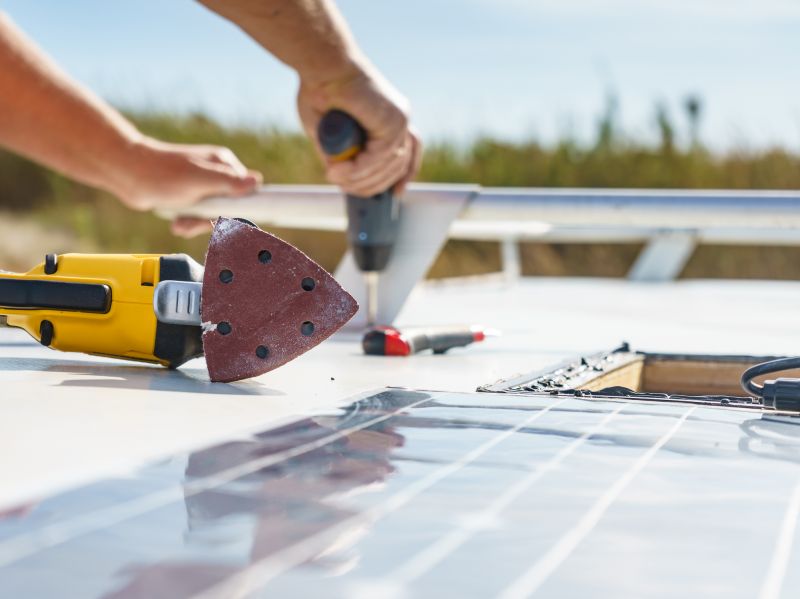
Inspection, cleaning, patching, and sealing are key steps in effective repairs.
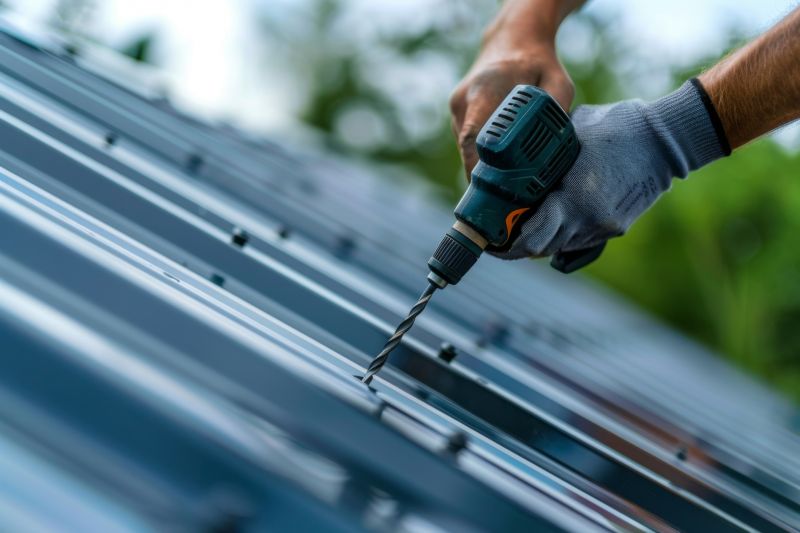
Specialized tools ensure precise and durable fixes for galvanized metal surfaces.
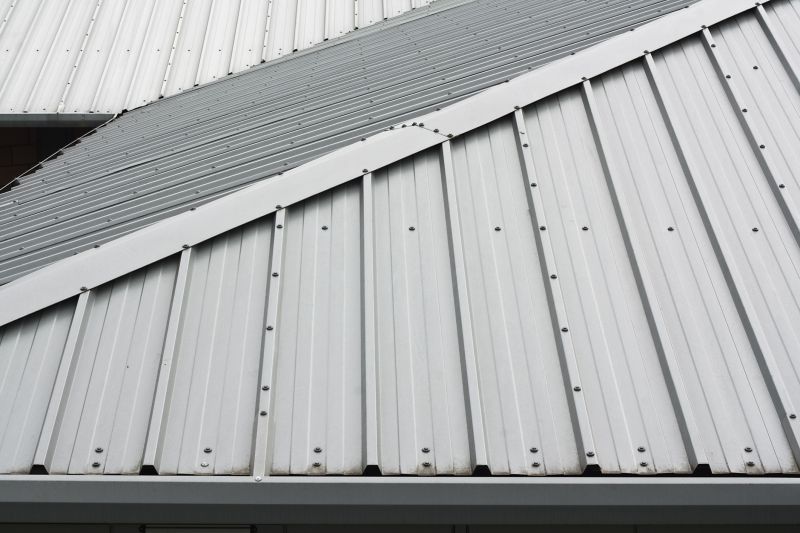
Corrosion, physical impacts, and poor maintenance can lead to repairs.
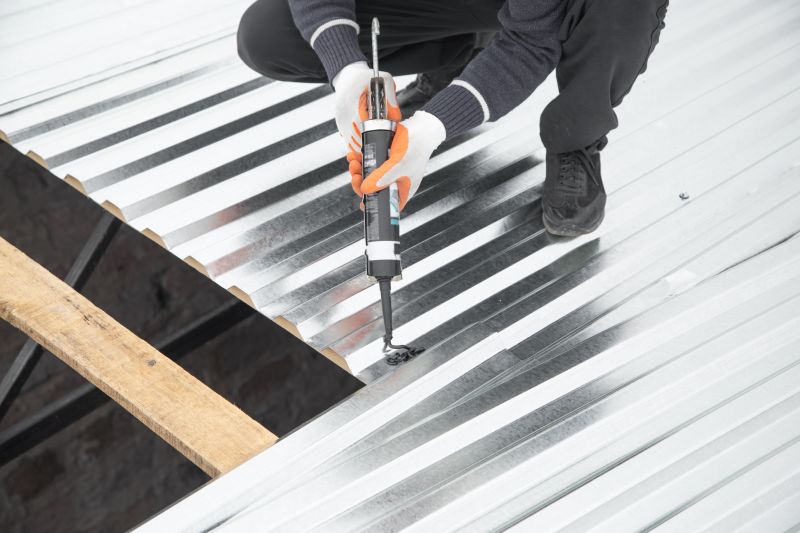
Regular upkeep can extend the lifespan of galvanized roofs and reduce repair frequency.
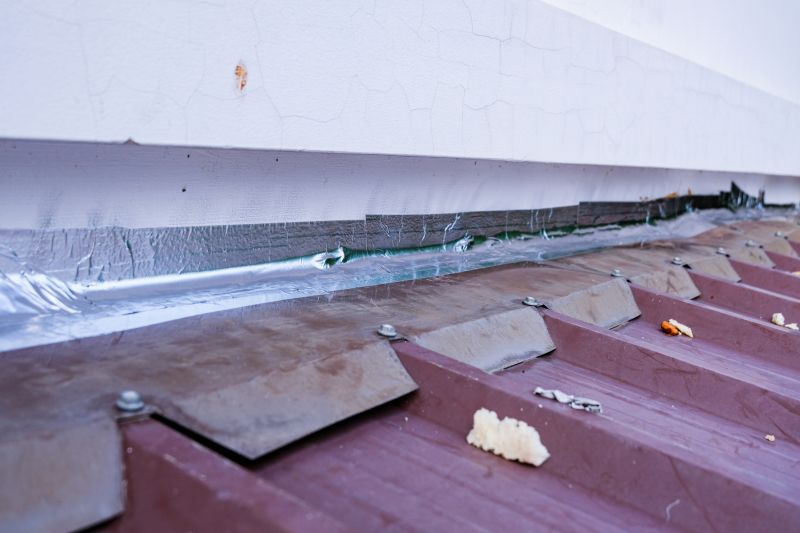
High-quality sealants and patches are essential for long-lasting fixes.
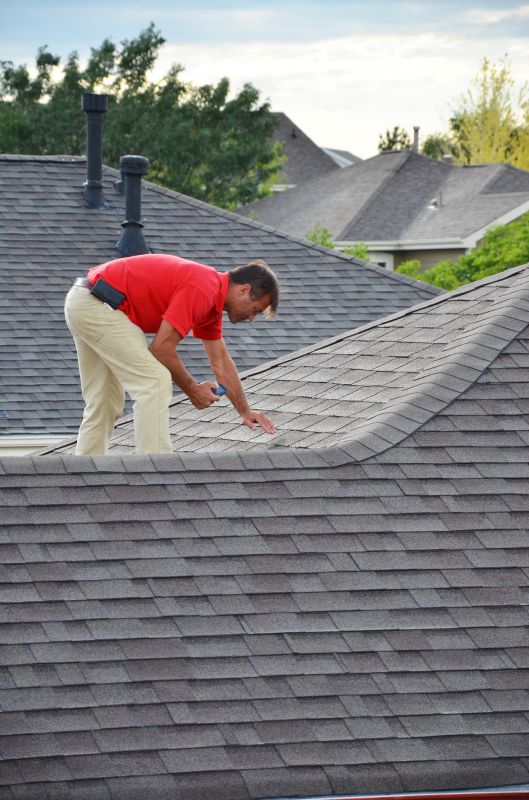
Expert evaluations identify issues before they escalate, optimizing repair timing.
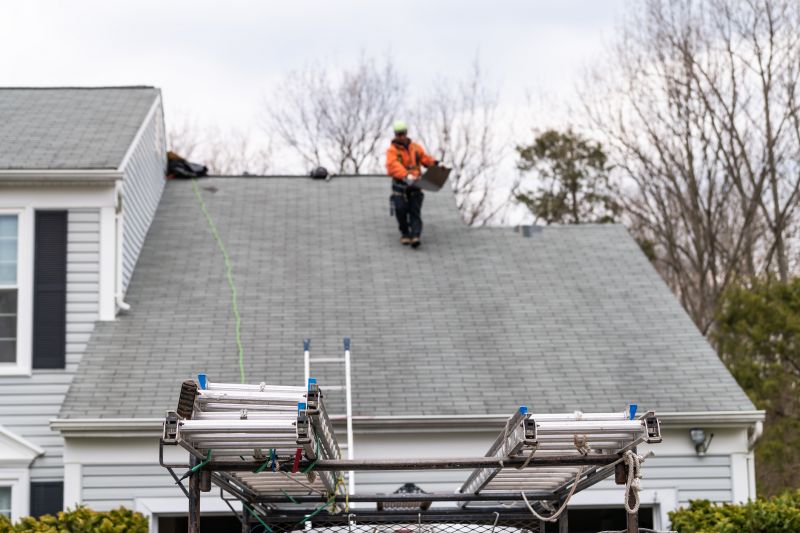
Optimal conditions include dry, mild temperatures with low humidity.
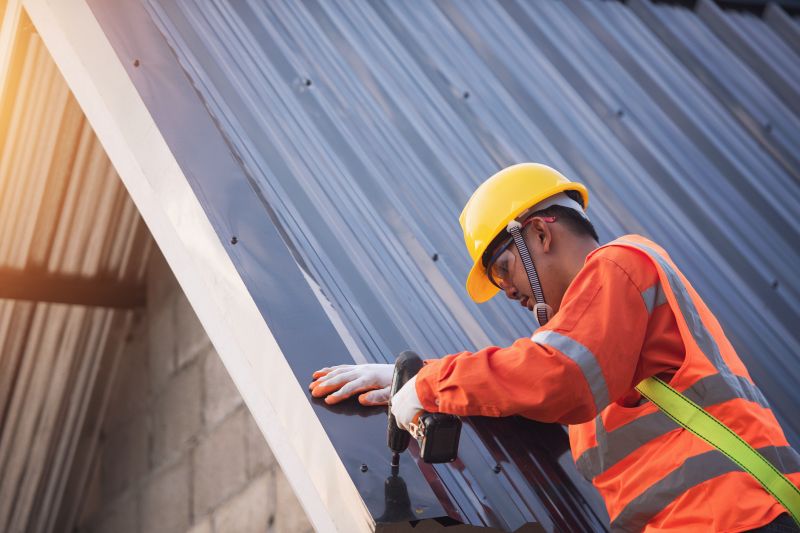
Ensures repairs are properly completed and the roof is sealed against future issues.
| Season | Advantages |
|---|---|
| Spring | Moderate weather, less rain, ideal for repairs |
| Summer | Warm, dry conditions facilitate repairs |
| Fall | Cooler temperatures, less humidity |
| Winter | Challenging weather, but repairs possible with planning |
Choosing the appropriate time for galvanized roof repairs ensures durability and effectiveness. Proper planning around weather patterns minimizes delays and maximizes the lifespan of repairs. Regular inspections and maintenance during favorable seasons can prevent costly future repairs and extend the roof's service life.
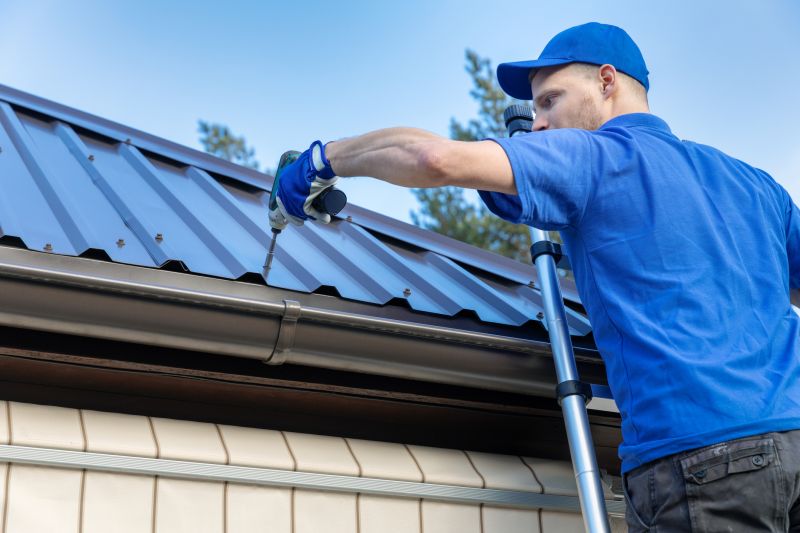
Technicians applying patches and sealing seams on galvanized metal roofs.
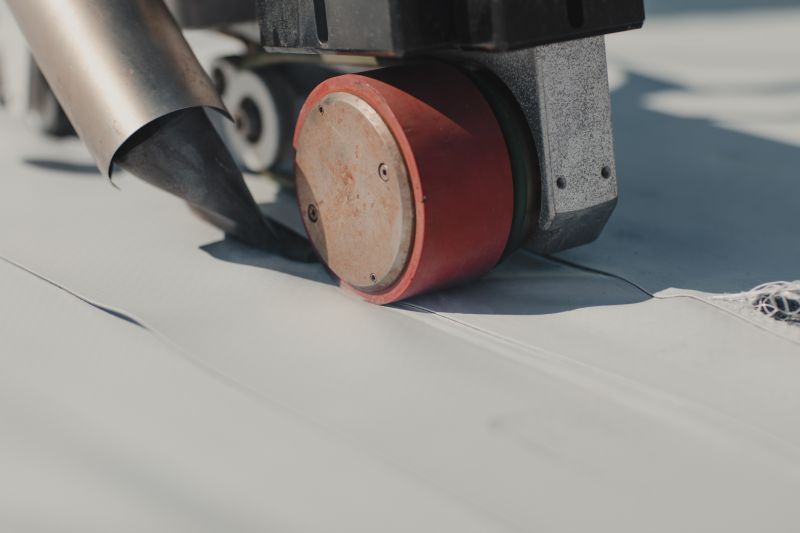
Specialized equipment used for cutting, welding, and sealing galvanized metal.
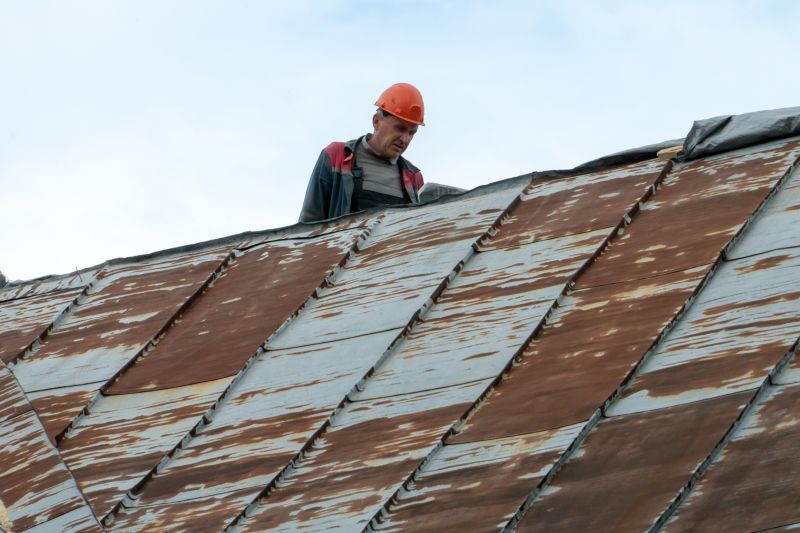
Close-up of detailed roof assessments to identify corrosion spots.
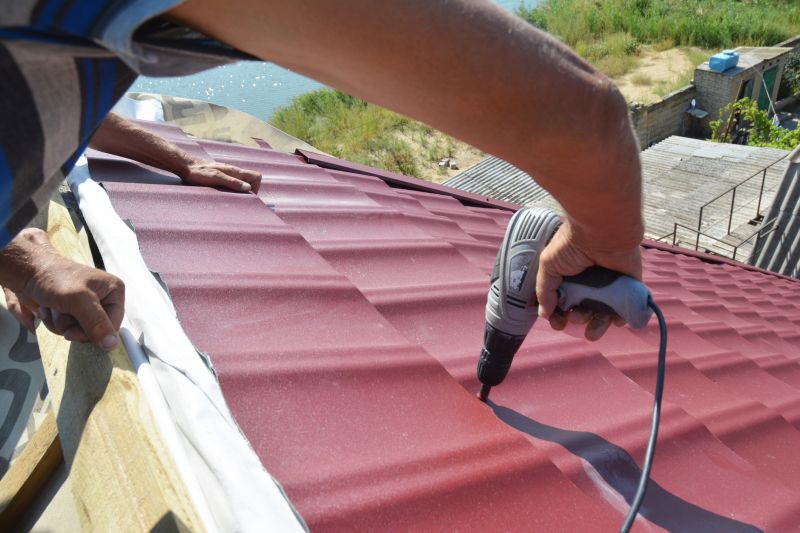
Finished repairs with sealed seams and protective coatings.
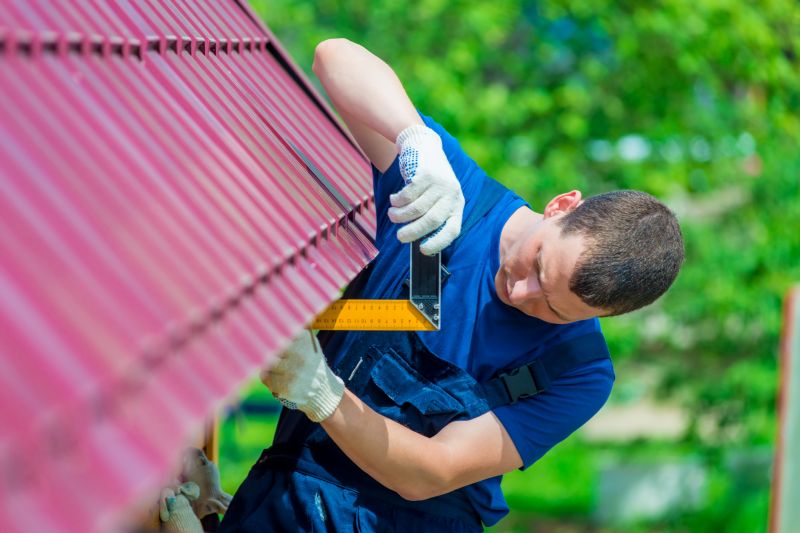
Little measurements that prevent headaches on Galvanized Roof Repairs day.
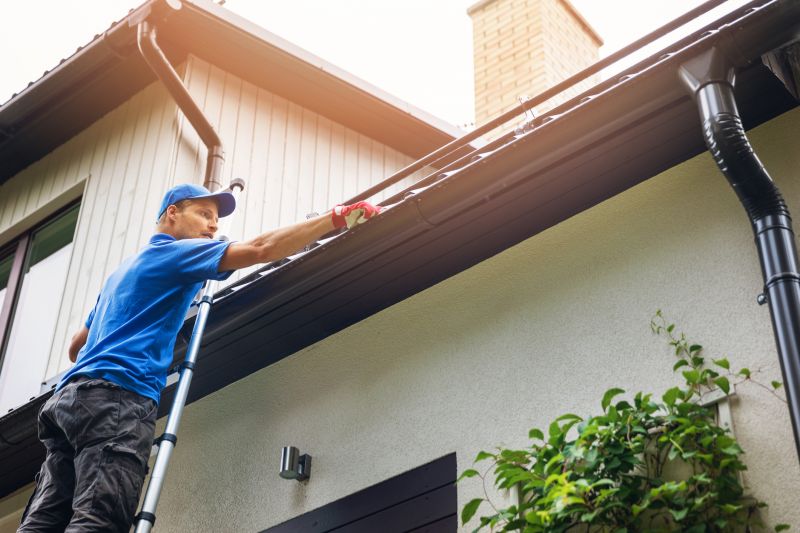
A 60-second routine that keeps Galvanized Roof Repairs looking new.
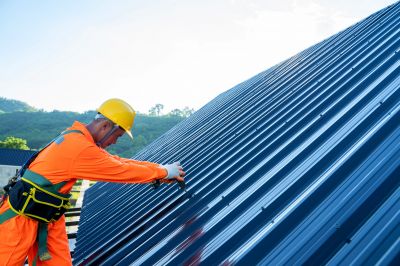
A frequent mistake in Galvanized Roof Repairs and how to dodge it.
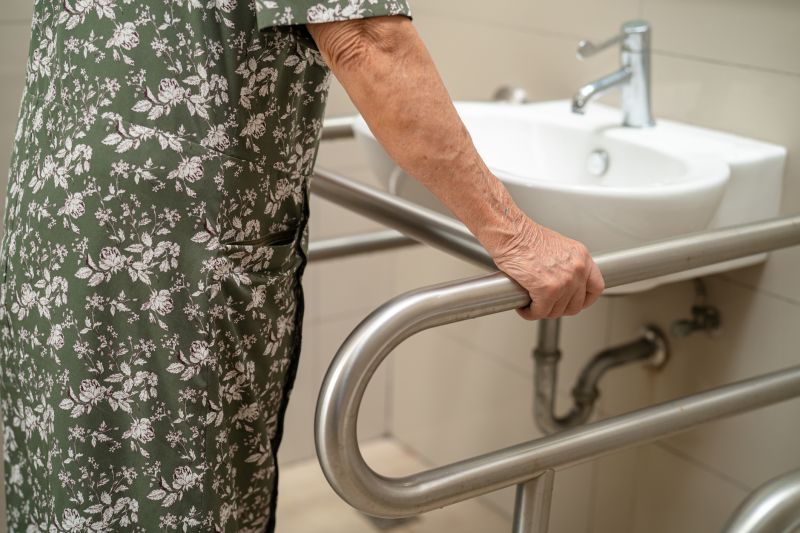
Small tweaks to make Galvanized Roof Repairs safer and easier to use.
Rust spots, corrosion, and leaks indicate the need for repairs.
Prevents further deterioration, extends roof lifespan, and maintains property value.
Exposure to salt, pollution, and moisture can accelerate corrosion.
Experience with galvanized metal ensures quality and durability.
Interested in galvanized roof repairs? Filling out the contact form can provide more information and help schedule an inspection to determine the best timing for repairs based on current roof conditions and local climate patterns.



